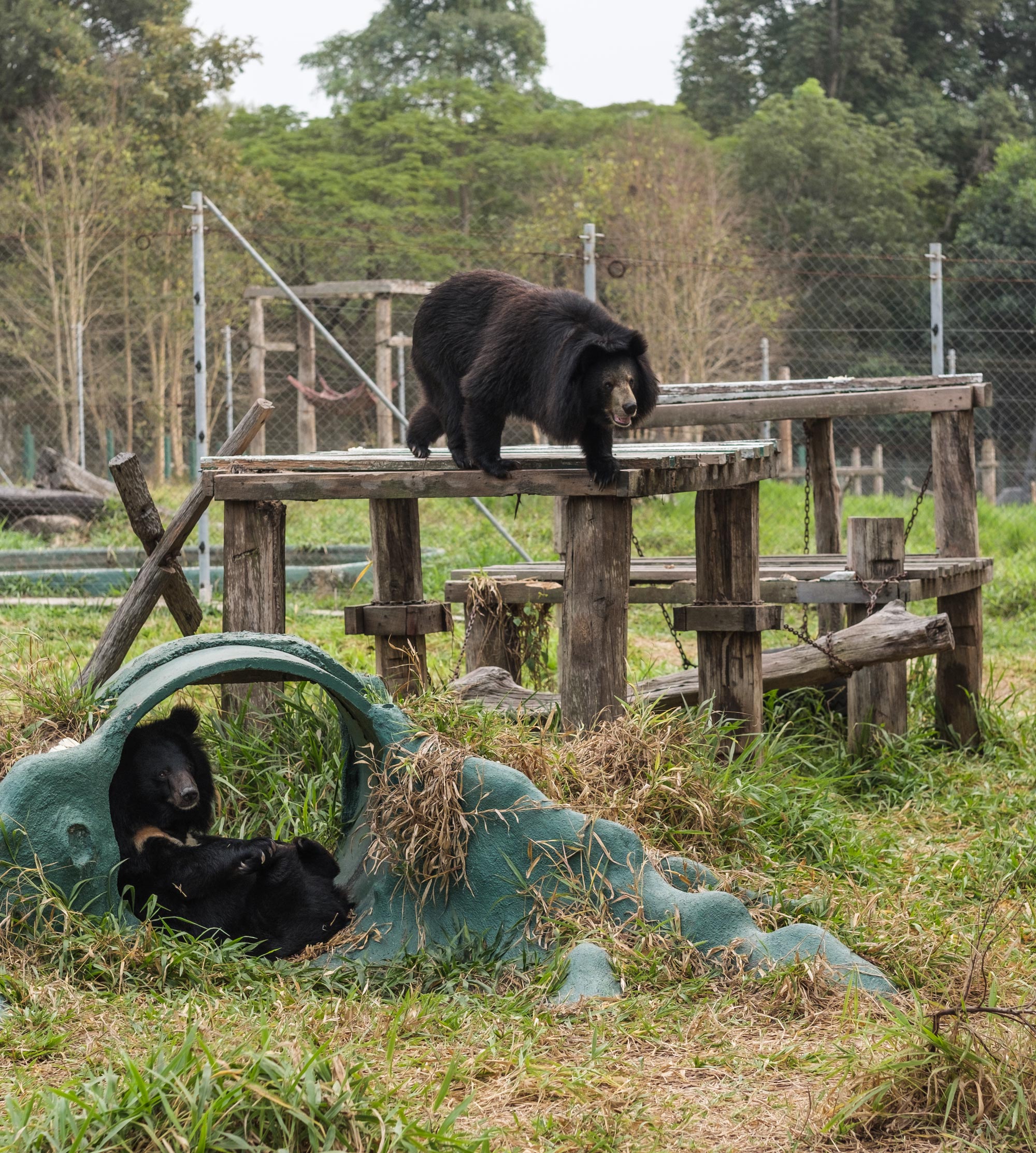It is an unfortunate reality of the illegal wildlife trade that whilst all animals we rescue will receive rehabilitative care through appropriate diets and the promotion of natural behavior, some may not be able to be released into the wild. This can be for a wide variety of reasons at the discretion of our team of wildlife professionals, including injuries, long-term health issues or negative learned behaviors from the illegal wildlife trade. For example, being confined to a small cage can prevent an animal from growing to its full size, or a poor diet as a pet might lead to rotten teeth that require dental extractions.
Life in the wild is challenging for all wildlife, and issues like stunted growth or missing teeth would put these animals at a disadvantage, risking their survival and in turn their chance to contribute to their species population. Many animals became overly habituated to humans in their previous lives and therefore in seeking out people in hopes of food or treats could put both them and humans in danger.
For this reason, many animals we rescue are not able to be released. We strive to share our positive stories as often as possible, but for some rescues the only realistic outcome is lifelong care in our wildlife sanctuary under the supervision of our team of wildlife professionals.
These animals, however, represent hope for their species in many different ways. This can be as ambassadors at our center for our tours, teaching young animals natural social behaviors, or participating in breeding programs to protect the future of their species. Every life in our wildlife sanctuary is precious, and contributes to our mission of protecting wild Laos for generations to come.



